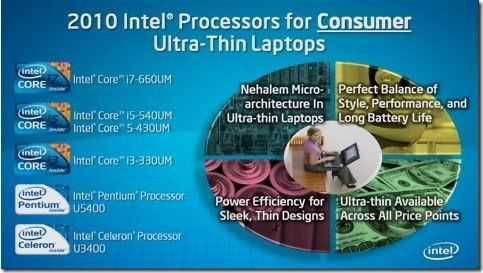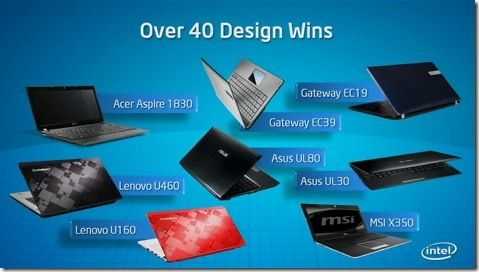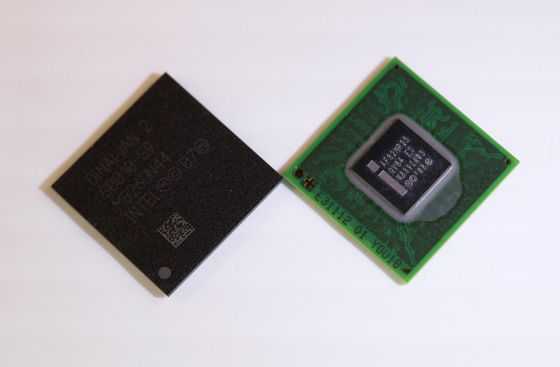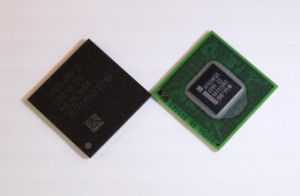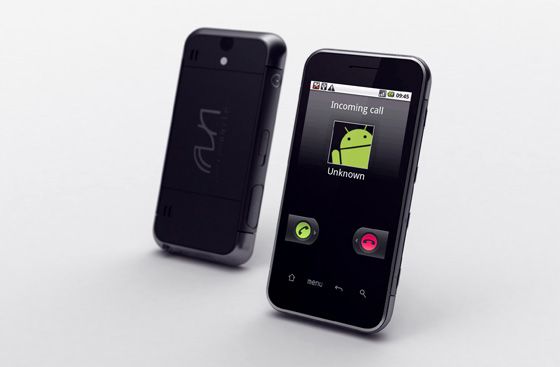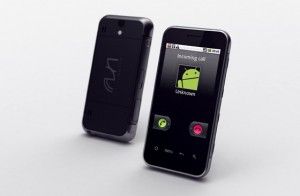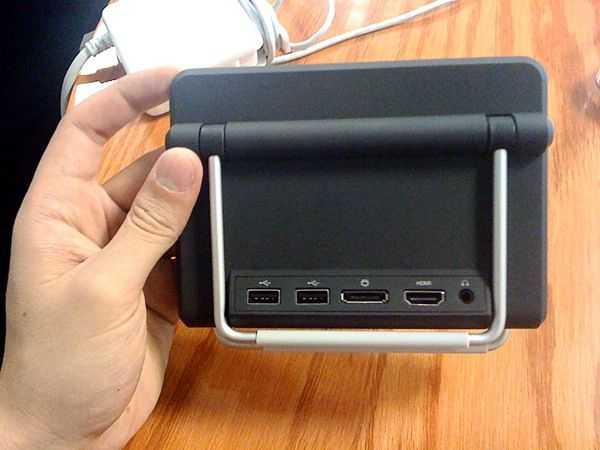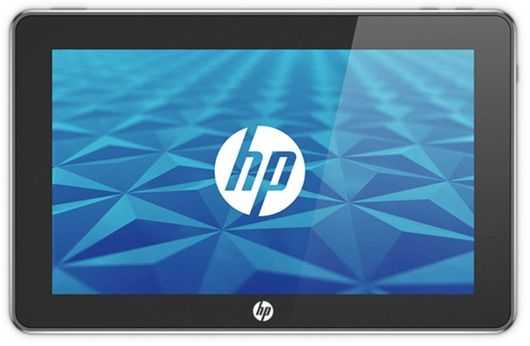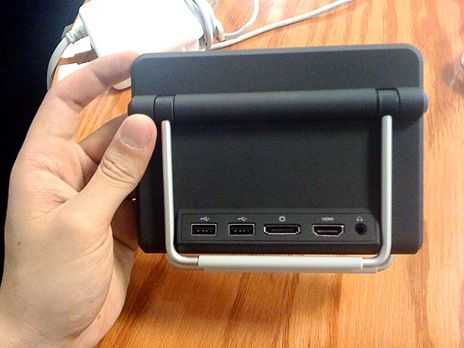I just hacked this image up (apologies HP and Apple) as an easy way to illustrate how Windows on netbooks is at risk. Add either of the touch, UI, app store and always-on features and you’ve got something that Microsoft can’t currently compete with.
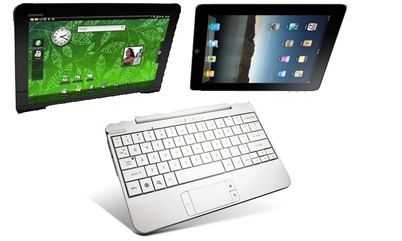
This scenario would immediately affect sales of Windows-netbooks where people are buying netbooks as second devices, gadgets or for family, friend and other social and casual (online or off) scenarios . For productivity scenarios, Windows still counts because the apps don’t exist on the common app-store ecosystems yet. I don’t have figures but in the U.S. and Europe I guess 30% of netbooks are bought as a second PC, a gadget or for the sofa/family/friend social (online and off) scenario. That’s a lot of lost Windows 7 license sales.
I talked about the 4 ‘lock-in’ opportunities (more than just ‘good’ opportunities’) for ‘Social Netbooks’ in this article. Google could make it happen by enabling Marketplace on Android – A potential risk for Intel. Intel themselves could make it happen with products like Moorestown, MeeGo and AppUp or a surprise player could enter the market.
My opinion is that THIS WILL HAPPEN. Someone will add a touchable, dynamic, fun user interface, an app-store, location and always-on features to a netbook form factor leaving just the productive applications as the missing piece. Given the chance (i.e. an application store) developers will move quickly to fill those gaps in software for productive uses making the smart device BETTER than the Windows-based, traditional netbook device. What that means for Microsoft is that a huge portion of the netbook market could be served by a non-Windows OS solutions. Just think of the market positioning too. Isn’t it easier to market an ‘upgrade’ from a smartphone than a ‘downgrade’ from a laptop.
When does this happen? I’m expecting Google to announce a move into the ‘third screen’ space with Android very soon. Intel are ready with Moorestown and MeeGo in Q4 so the change starts to happen in 2011. I estimate that while netbook sales (of both sub-genres) will increase, the percentage of Microsoft netbooks will stay level or even drop. [Sidenote: Intel thinks that the non-windows sales will reduce in percentage by 2012. I think they are underestimating the ‘smart’ device opportunity.]
Is Intel at risk? Yes. If Google, Android and ARM reach the flag before Intel and MeeGo, Intel start to lose market share in the netbook market but also remember, Android could run on Intel’s new Moorestown platform offering smartbook manufacturers a more powerful computing experience. Also note that if netbooks flip to non-Windows ‘smart’ devices it serves as a nice dividing line between laptops and netbooks for Intel, restoring the need for different netbook, CULV and laptop processing platforms and allowing them to make more and more powerful Atom CPUs without hurting the laptop segment.
I’m not the first to talk about this and it’s certainly not the first time I’ve thought about it myself but that image just makes it crystal clear for me. Netbooks will change dramatically. If Google doesn’t enable it, someone else will and in any case, Microsoft will suffer.


